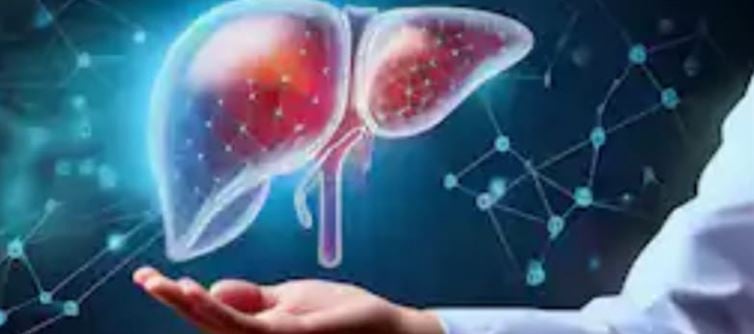
The hepatitis B vaccine is highly effective, but gaps in immunity remain.
In countries like India, universal newborn vaccination started only in 2007; many adults may not be fully protected.
Missed doses, incomplete records, and absent adult catch-up programs create vulnerability.
Hospitals often do not routinely check immunity before injections or minor surgeries.
Action: Ask your doctor for an anti-HBs antibody test and get vaccinated if needed.
Tattoos and Piercings: Hidden Risks
Tattoos are increasingly popular among young adults, but carry hepatitis B and C risks.
Unregulated studios may reuse needles, improperly sterilize equipment, or contaminate ink.
Piercings share similar risks. Many people overlook questions about sterilization or single-use items.
Action: Choose licensed studios, ask about autoclave cycles and single-use equipment. Protect your blood.
Unsafe Medical Practices: A Persistent Problem
Reuse of needles and poor hygiene remain common, especially in minimally regulated clinics, wellness centers, and spas.
Rural and semi-urban areas face a higher risk from “quacks” using glass syringes or unsafe injections.
Even small, microscopic amounts of infected blood on instruments can transmit hepatitis.
Action: Use reputable medical centers, ensure syringes are unwrapped in front of you, and speak up if hygiene seems compromised.
Salons and Dental Clinics: Overlooked Sources
Metal tools in salons (manicure, pedicure, shaving) and dental clinics can carry microscopic bloodborne viruses.
Poor sterilization practices increase risk, even without visible blood.
Action: Choose establishments with clear infection control policies and single-use instruments.
Screening and Awareness: Your Best Defense
Hepatitis B and C often show no symptoms and can silently damage the liver over the years.
Risk now comes from everyday activities: vaccines without checks, careless tattoos, unsafe injections, and unsterilized tools.
Action:
Get hepatitis B and C screening through simple blood tests.
Vaccinate against hepatitis B if not immune.
Ask questions, demand answers, and raise awareness among friends and peers.
Key Takeaway: Prevention is about informed choices. Awareness, screening, and safe practices are your best investments for lifelong liver health.




 click and follow Indiaherald WhatsApp channel
click and follow Indiaherald WhatsApp channel